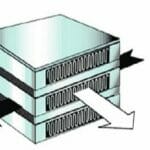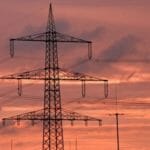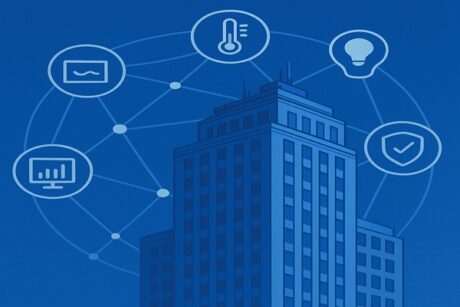- Course No E – 1937
- PDH Units: 5
No data found for Custom Course Number
No data found for Custom Course Units
- Course No E – 1937
- PDH Units: 5
Intended Audience: for Energy, Mechanical, HVAC and Environmental Engineers
PDH UNITS: 5
This course is the first in a series of Liquefied Natural Gas (LNG) Courses. This course is designed for the engineers who are entering the specialty of LNG or who want to understand the basics of LNG production, storage, transportation, safety measures, and vaporization. Learners taking this course are expected to have a very basic understanding of thermodynamics and heat transfer, (boiling and condensation pressure and temperature relationships, etc.). The learner will understand the origins of natural gas and the pre-treatment that is required before natural gas is converted to LNG. The reasons for, and methods of reducing the concentration of acid gases, mercury, water vapor, and heavy hydrocarbons before liquefaction will be covered. Many unique characteristics about LNG will be covered in this course. Also, emphasis will be given to the need for relief valves, and attention to LNG special phenomena, such as, Rapid Phase Transformation, LNG spill behavior, LNG storage tank inventory rollover, the effects of nitrogen in the LNG, and re-condenser use, will be explained. The importance of proper design (spring hangers, expansion joints etc.), and maintenance will be presented. Importantly, the learner will gain an appreciation, for the need to maintain safe and reliable plant operations, by proper training of plant personnel. The need to strictly adhere, to following procedures, recognizing anomalies, understanding the technologies, and the use of the Management of Change process, will be covered. The need for auxiliary and back-up auxiliary systems, will also be presented. The course will aim, to develop a culture of preemptive thinking, continuous learning, continuous improvement, and ethical behavior, to avoid accidents, and to avoid taking unreasonable risks. The most important intention of this course, is to give the learner, the basic technical knowledge, at an introductory level, that he/she needs to start their study, on how to continue to make the Liquid Natural Gas Industry “Safe and Reliable”. The importance of LNG and this course’s Learning Objectives This course introduces the learner, to the origins of natural gas, and to the use of LNG. LNG is widely used around the world. It is a very compact form of natural gas, in liquid form. It is used on very cold days, to supplement gas coming from the interstate pipelines to supply gas load centers, like New York, Boston and other major load areas. Natural gas (which is essentially the same as vaporized LNG) is the cleanest burning fossil fuel as it contains the least amount of carbon of all the fossil fuels. Thus, many electric power plants now use natural gas or are converting from dirtier fossil fuels to the use of natural gas or vaporized LNG.
Learning Objectives:
At the successful conclusion of this course, you will learn the following knowledge and skills:- Understand why natural gas is liquefied and stored and vaporized
- Understand the pretreatments needed to clean up natural gas before it can be liquefied
- Understand the hazards associated with natural gas
- Understand the methods of storing LNG
- Understand the methods of transporting LNG
- Understand the methods of vaporizing LNG
- Explain the characteristics and properties of LNG
- Understand some of the safety measures and devices needed to manage an LNG facility
- Understand some of the auxiliary systems needed to operate an LNG facility
Once completed, your order and certificate of completion will be available in your profile when you’re logged in to the site.










